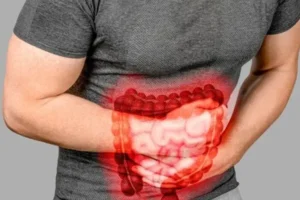
PROMO!
First order? Get 10% OFF with this code: 1storder
Written by
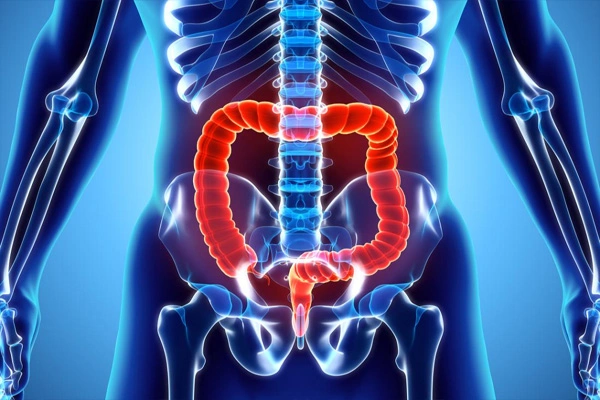
VIP Intestinal Peptide, often called VIP, is a naturally occurring chain of amino acids that researchers study for its role in the gut. Early findings suggest it may support healthy communication between nerves and immune cells. Because colitis involves both inflammation and disrupted signaling in the intestines, VIP has become a focus of interest in laboratory studies.
Researchers note that vasoactive intestinal peptide (VIP) appears to calm certain inflammatory responses while helping the intestinal lining maintain balance. These effects could make it a valuable subject in ongoing colitis research. While studies are still limited, the results so far encourage scientists to explore how VIP interacts with the digestive system.
Understanding how this peptide works in the digestive system gives more context to these early findings.
Explore VIP Intestinal Peptide from Peptide Works, a research peptide studied for its role in immune regulation, gut balance, and inflammatory signaling in colitis models.
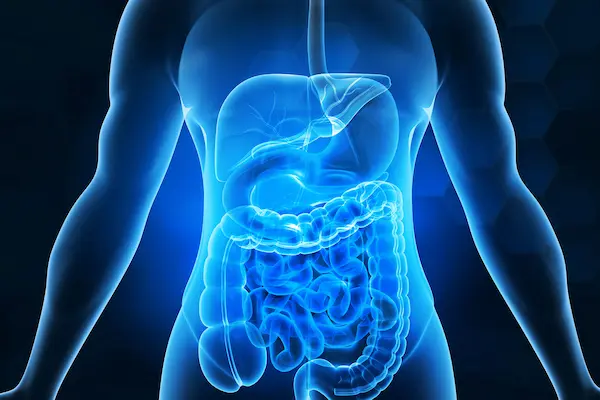
In colitis research, scientists examine the way VIP intestinal peptide signals through VPAC1 and VPAC2 receptors. These pathways guide how immune cells behave and how the gut nerves respond. By mapping these signals, researchers get a clearer picture of why VIP may play a unique role in digestive health.
Another layer of this research focuses on gut function. VIP intestinal peptide has been shown to adjust motility and shift cytokine activity in colitis models. These effects suggest it does more than reduce stress in the gut it shapes how the whole digestive system works under inflammatory conditions.
Scientists also study VIP’s role in calming immune overreactions because these changes are closely tied to inflammation.
Flare symptoms in colitis come from imbalanced immune signals. VIP intestinal peptide shifts those signals by lowering pro-inflammatory cytokines such as TNF-α and IL-6 and by increasing protective signals like IL-10. Studies have linked these cytokine changes to reduced inflammation-driven damage and improved tissue function. This shift calms immune overreaction during flares and helps tissues begin to heal faster.
To track these effects, scientists measure cytokine levels, histology scores, and mucosal recovery. When results shift toward an anti-inflammatory state, studies report less colon injury, reduced immune cell infiltration, and faster mucosal repair. These findings strengthen the case for VIP intestinal peptide as a potential modulator of colitis inflammation.
Inflammation drives colitis, but weakening of the intestinal barrier also plays a major role in disease progression.
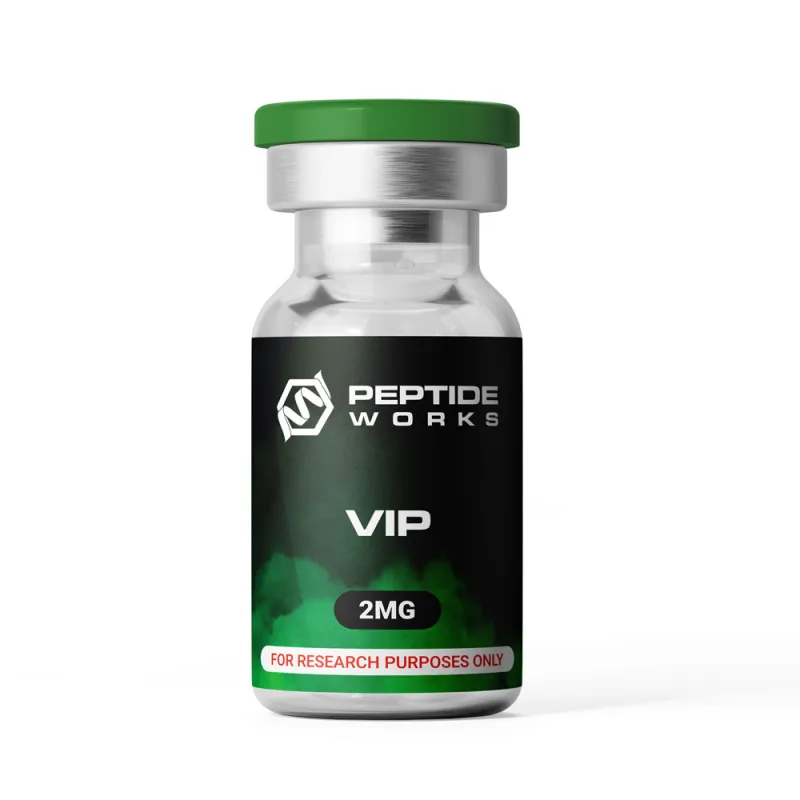
A weak gut barrier is one of the biggest challenges in colitis. When the lining becomes leaky, bacteria and toxins cross into tissue, which drives more inflammation and slows recovery. Research shows that VIP intestinal peptide protects this barrier by preventing bacterial-induced disruption of tight junction proteins that hold the intestinal lining together. In animal models, this protection reduces permeability and helps the gut maintain balance under stress.
Researchers also report that studies have examined how BPC-157 influences mucosal healing and barrier repair. Looking at both peptides highlights barrier protection as a central focus in colitis research.
While VIP has been studied primarily for immune regulation, researchers are also examining another peptide, BPC-157, for its role in barrier repair.
Preclinical animal studies show BPC-157 reduces ulceration and bleeding in ulcerative colitis models. Researchers observed improved mucosal healing and less inflammation in rat models of chemically induced UC treated with BPC-157. These outcomes included healthier epithelial tissue and fewer lesions in the colon.
Scientists also track symptom relief in these studies and report improvements in stool consistency, reduced weight loss, and decreased immune cell infiltration. Although no large human trials have yet confirmed these findings, early evidence suggests that BPC-157 may help repair tissue damage and reduce inflammation. Because of these potential effects, researchers often compare it with VIP and other peptides currently under investigation.
Studies also examine how BPC-157 works at the tissue level because barrier repair and mucosal healing are key areas of interest.
Discover BPC-157 from Peptide Works, a research peptide linked to mucosal healing, gut barrier repair, and improved tissue recovery in preclinical colitis studies.
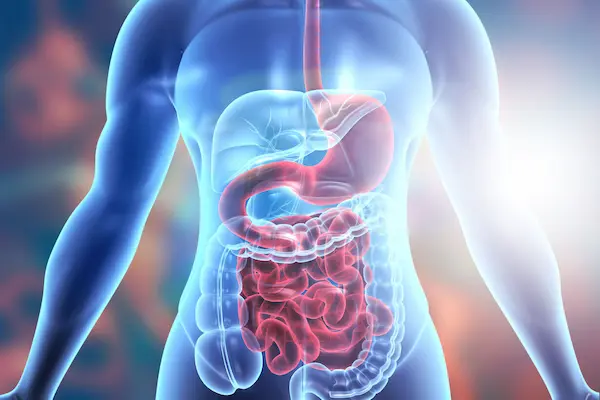
Pre clinical research highlights how BPC-157 strengthens the gut barrier by protecting tight junction proteins that keep the intestinal lining sealed. When these junctions weaken, bacteria and toxins leak into tissue, which triggers inflammation. Studies in rats have shown that BPC-157 reduces permeability, lowers bleeding and accelerates the repair of injured mucosa. These effects point to its ability to help stabilize the gut lining and promote overall gut health under stress.
Researchers also track mucosal healing as a key marker in ulcerative colitis studies. BPC-157 has been linked to faster closure of lesions and healthier epithelial growth. Together, these findings suggest it may support long-term balance in the gut by improving tissue recovery.
With both VIP and BPC-157 showing distinct benefits, researchers often compare them side by side.
VIP intestinal peptide and BPC-157 are both studied for colitis, but they work in different ways. VIP is tied more to immune system activity, where it shifts cytokine signals like TNF-α, IL-6, and IL-10. This response helps reduce inflammation and calm the gut during flares.
BPC-157, on the other hand, is linked to mucosal healing and gut barrier repair. Studies show it helps close lesions faster, lowers bleeding, and strengthens tight junction proteins to reduce leakiness. These different actions give researchers two paths: VIP for immune balance and BPC-157 for structural repair of the intestine.
| Feature | VIP Intestinal Peptide | BPC-157 |
|---|---|---|
| Core Action | Balances cytokines (TNF-α, IL-6, IL-10) to lower inflammation | Promotes mucosal healing, angiogenesis, and epithelial repair |
| Gut Barrier Effects | Supports lining balance but less direct on tight junctions | Strengthens tight junctions and reduces intestinal leakiness |
| Measured Outcomes | Fewer inflammatory markers, lower immune cell buildup, better histology scores | Faster lesion closure, less bleeding, better stool consistency, quicker mucosal recovery |
| Colitis Study Models | Animal models focused on immune changes | Animal models of ulcerative colitis, gastric ulcers, fistulas and gut injuries |
| Research Emphasis | Immune balance and signaling | Barrier repair, tissue healing, regeneration |
VIP helps calm the immune response in colitis, while BPC-157 helps with gut barrier repair and mucosal healing. They do not compete instead, they represent two complementary ways of approaching colitis research.
As the field grows, researchers are shifting their attention to how future studies may expand our understanding of these peptides.
The future of VIP intestinal peptide in colitis research looks promising but is still developing. Ongoing studies explore its influence on immune balance, inflammation control and gut lining repair. At the same time, BPC-157 continues to attract interest for its effects on mucosal healing and barrier support. Taken together, these peptides show how research is moving toward both immune modulation and structural repair.
At Peptide Works, we provide high-quality research peptides for labs and scientists worldwide. As online peptide retailers, we focus on offering trusted materials for ongoing studies. While these compounds remain for research purposes only, the growing body of data shows why they are important subjects in colitis research.
All products discussed are supplied for research purposes only and are not intended for human use.
[1] Abad C, Martinez C, Juarranz MG, Arranz A, et al. Therapeutic effects of vasoactive intestinal peptide in the trinitrobenzene sulfonic acid mice model of Crohn’s disease. Gastroenterology. 2003 Apr;124(4):961-71.
[2] Sun X, Huang Y, Zhang YL, Qiao D, Dai YC. Research advances of vasoactive intestinal peptide in the pathogenesis of ulcerative colitis by regulating interleukin-10 expression in regulatory B cells. World J Gastroenterol. 2020 Dec 28;26(48):7593-7602.
[3] Duzel A, Vlainic J, Antunovic M, Malekinusic D, et al. Stable gastric pentadecapeptide BPC 157 in the treatment of colitis and ischemia and reperfusion in rats: New insights. World J Gastroenterol. 2017 Dec 28;23(48):8465-8488.
[4] Sikiric P, Seiwerth S, Rucman R, Turkovic B, et al. Focus on ulcerative colitis: stable gastric pentadecapeptide BPC 157. Curr Med Chem. 2012;19(1):126-32.
ALL CONTENT AND PRODUCT INFORMATION AVAILABLE ON THIS WEBSITE IS FOR EDUCATIONAL PURPOSES ONLY.
DISCLAIMER: These products are intended solely as a research chemical only. This classification allows for their use only for research development and laboratory studies. The information available on our Peptide Works website: https://peptide-works.com/ is provided for educational purposes only. These products are not for human or animal use or consumption in any manner. Handling of these products should be limited to suitably qualified professionals. They are not to be classified as a drug, food, cosmetic, or medicinal product and must not be mislabelled or used as such.
Peptide Works
Related Articles
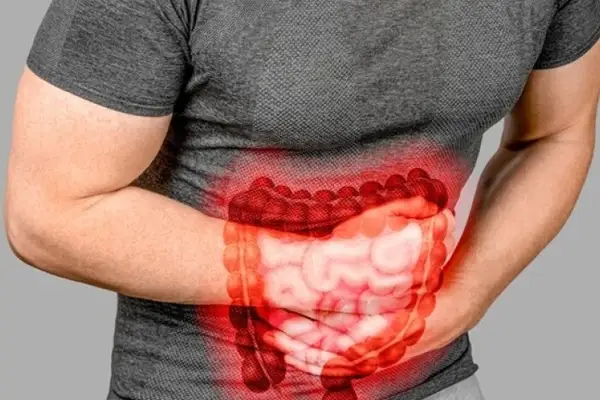
Can VIP Peptide help with Gastrointestinal Motility?
Research on gastrointestinal motility has gained attention because it plays a central role in digestion and overall gut function. When

Fighting Fungal Infections with TA1 Peptide
Fungal infections can be stubborn, often resisting common treatments and weakening the body’s defenses. In recent years, researchers have been
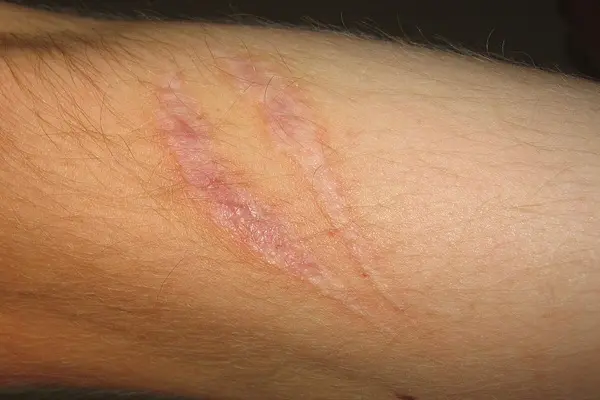
Is Thymalin a Tissue Repair Peptide Therapy?
Have you ever wondered how the body begins to repair itself after injury or stress? Researchers are asking the same